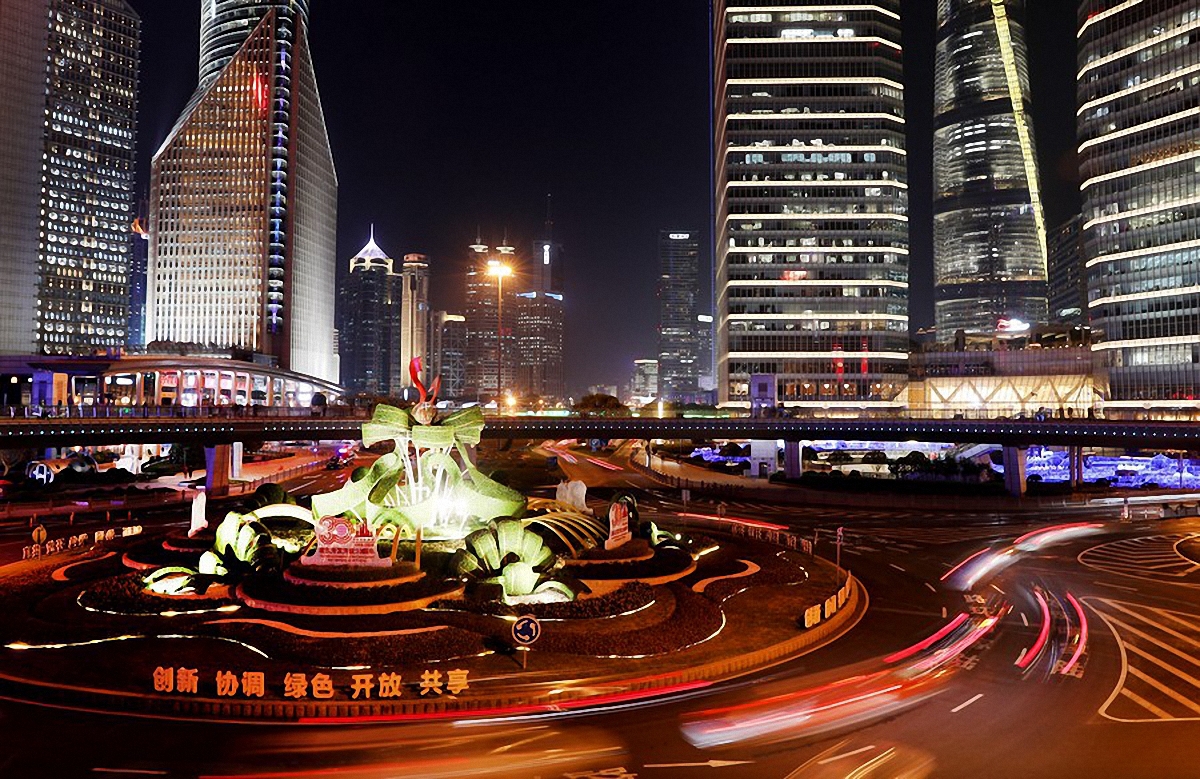CPC with Xi at core is driving global transformation
By Talat Shabbir | China Daily Global | Updated: 2021-03-29 09:35

The highly organized Communist Party of China, with top leader Xi Jinping at its core, and China's thriving economy are among the key factors currently driving a promising global vision for mankind.
At the heart of China's global vision are the core national interests of safeguarding territorial integrity, maintaining political stability and pursuing continuous peaceful economic development, with shared benefits and joint contribution for the global community.
In the past decade, the expressions "building a community of shared future for mankind" and creating a world of "win-win cooperation" have reflected China's wish to pursue regional and global politics. In the new era of reform and opening-up, China has persistently advanced peace, equality of development and win-win cooperation as its foreign policy objectives.
To China, a fair, equitable, just and inclusive world order will not only help usher in harmony across the world, but also will serve the purpose of global peace and stability. The shared future for mankind that President Xi refers to in most of his speeches also reflects China's global vision.
A charismatic personality, Xi, as general secretary of the CPC Central Committee, leads 91.9 million members of the Party while overseeing many areas of vital importance, including government reforms, cybersecurity, finance and military overhaul.
The late Lee Kuan Yew, the first prime minister of Singapore, once described Xi as a "person with enormous emotional stability who does not allow his personal misfortunes or sufferings to affect his judgment".
The "four comprehensives" that Xi began to advance in 2015 are manifestations of his focus and clear thinking. Under the four comprehensives, he emphasized establishing a moderately prosperous society, deepening reform, governing the nation according to law, and strictly enforcing Party discipline.
Therefore, Xi emerges as a leader who has the capacity to steer China to realize the objectives of its global vision but can significantly contribute to global peace and development.
China owes a lot to the CPC for appreciating domestic, regional and global challenges. The CPC led by Mao Zedong founded the People's Republic of China in 1949 after an extensive struggle. One of the largest parties in the world, the CPC has successfully expanded its political influence since it came into being 100 years ago.
The CPC has also deliberated over challenges that China faces at home and across the world. The COVID-19 pandemic is a case in point where the CPC, with its leadership, was able to rise up to challenges.
A significant lead role was played by most of the members of the CPC in mitigating the effects of the pandemic and helping workers to resume activities across China, with a view to attaining positive growth.
One of the most important factors helping China to realize its global vision is economic growth. China has shown sustainability in economic growth while the entire world was in economic decline last year amid COVID-19, with a promising rate of above 6 percent GDP growth this year.
According to the International Monetary Fund's "World Economic Outlook" report, though flows of foreign direct investment fell 30 to 40 percent in 2020, China's growth statistics continue to show stability. Due to its economic resilience, China has regained the title of the world's top destination for foreign investment, and despite the Sino-US trade war, China recorded a trade surplus of $316.9 billion with the United States last year.
Needless to say, China's economic rise enhances its political leverage with other countries as well as international institutions.
To pursue its global vision, China would need to focus on maintaining territorial sovereignty, safeguarding its interests in the Asia-Pacific region and pursuing a peaceful international environment to propel the nation's economic growth.
China has important stakes in the international order that reflect its new role in the emerging global governance system.
The political system and development model that have evolved over a period of time make perfect sense, since China has yielded huge dividends.
For China, the cardinal principles of international relations or for shaping the international order are mutual trust, noninterference, nonconfrontation, engagement and win-win cooperation.
With Xi at the helm of China's affairs as well as the CPC's collective wisdom and a resilient economy, the country certainly has a substantial role in transforming the world and shaping the future of mankind.
The author is director of the China-Pakistan Study Centre at the Institute of Strategic Studies Islamabad. The views do not necessarily reflect those of China Daily.
























